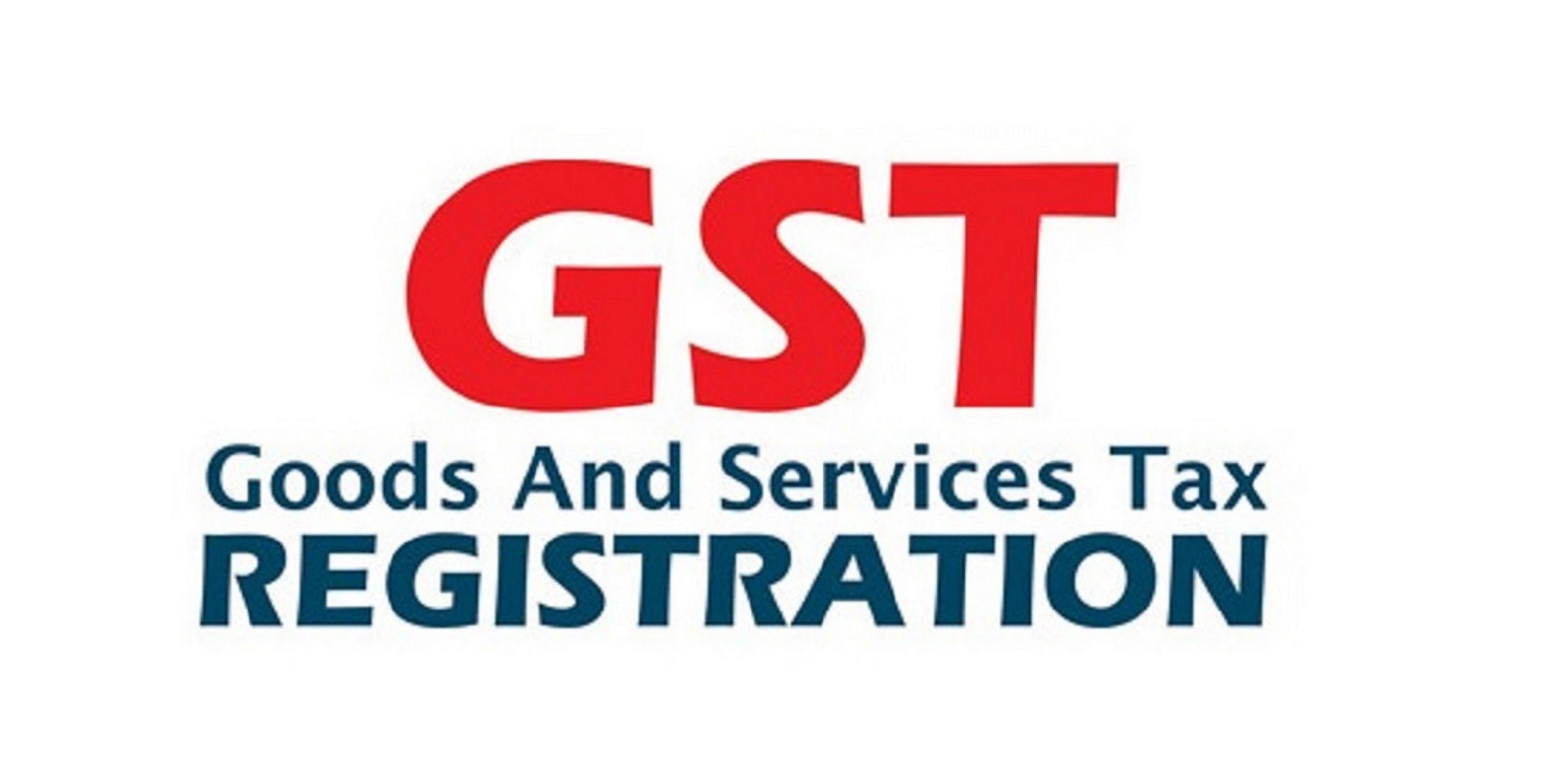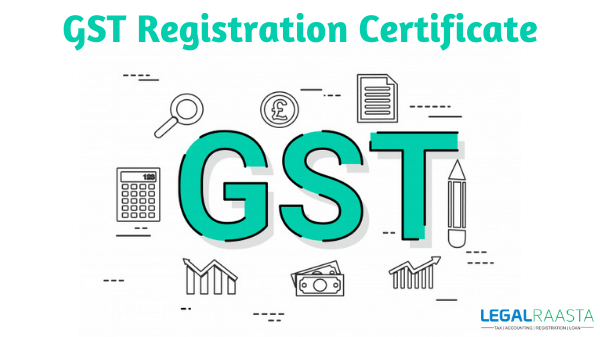Top Tips for a Smooth Singapore GST Registration Experience
Top Tips for a Smooth Singapore GST Registration Experience
Blog Article
Optimizing Tax Obligation Effectiveness: Professional Tips on Navigating the GST Registration Labyrinth for Small Companies
Browsing the complex landscape of Product and Services Tax Obligation (GST) enrollment can be a labyrinthine job for little companies aiming to optimize their tax efficiency. Understanding the qualification requirements, precise paperwork demands, calculated timing considerations, and skilled enrollment procedure ideas can dramatically impact a company's economic standing. Conformity with GST laws is paramount, and sticking to finest methods can improve operations and avoid possible mistakes. In this conversation, we will certainly discover experienced understandings and workable recommendations that can equip small companies to browse the GST enrollment labyrinth efficiently and optimize their tax efficiency.
Qualification Criteria
Eligibility demands for Small Organization GST Registration include details standards that services should fulfill to comply with tax laws. To qualify for GST enrollment, a business should have an annual turn over exceeding the limit set by the tax authorities, which differs by nation.

Documents Needs
To efficiently complete the process of GST enrollment, local business have to guarantee they have all essential paperwork in order. The needed documents typically consists of proof of organization registration or incorporation, address and identity evidence of the company proprietor, photographs, bank account information, and proof of the major business. In addition, companies require to supply details of their organization activities, consisting of the services or items supplied. It is essential to make sure that all documents are exact, as much as day, and in the defined format to stop delays or rejections during the registration procedure.
Keeping all required documentation arranged and readily accessible can simplify the registration procedure and help organizations conform with the needs effectively. Thorough interest to information and adherence to the documentation standards are vital for an effective GST registration procedure for tiny companies.
Timing Factors To Consider
Taking into consideration the vital documents demands have actually been meticulously attended to, the next important aspect for small companies starting the GST registration procedure is the strategic monitoring of timing considerations. Timing plays a critical duty in GST enrollment, affecting not only conformity but likewise economic elements of business. Tiny businesses need to carefully plan the timing of their GST enrollment to make the most of advantages check out here and lessen prospective risks.

Moreover, businesses ought to straighten the timing of their GST enrollment with their functional readiness. Sufficient preparation, such as updating accounting systems and training personnel, is necessary to perfectly integrate GST demands into everyday procedures. By strategically taking care of timing considerations, small companies can navigate the GST enrollment procedure efficiently and maximize their tax efficiency.
Registration Process Tips
Efficiently browsing the GST enrollment process requires small companies to carry out aggressive and calculated registration procedure suggestions. One crucial pointer is to make sure all necessary records are easily available prior to starting the enrollment process. This includes organization enrollment papers, proof of address, financial institution declarations, and identification proofs of the company owners. Verifying the accuracy of the details given is equally essential to stop hold-ups or rejections.
In addition, comprehending the limits and demands for GST enrollment based upon the certain state or region where business operates is crucial. Some states have different turn over thresholds that trigger required enrollment, so being educated concerning these limits can help companies prepare in advance.
Another important idea is to consider seeking expert aid from accountants or tax obligation consultants who concentrate on GST registration. Their competence can simplify the check that process, decrease errors, and make sure compliance with all policies.
Compliance Finest Practices
Little businesses need to prioritize conformity to avoid fines and preserve a good standing with tax authorities. Tiny company proprietors should on a regular basis assess government standards and look for expert guidance if required to guarantee they are fulfilling all demands. By incorporating these compliance finest practices into their procedures, tiny businesses can browse the complexities of GST enrollment with self-confidence and efficiency.
Final Thought
In verdict, small services can browse the GST registration labyrinth by guaranteeing they meet eligibility standards, collect required paperwork, take into consideration timing implications, follow registration procedure pointers, and stick to compliance finest practices. By optimizing tax efficiency through correct GST registration, companies can improve their economic monitoring and procedures.
Navigating the elaborate landscape of Goods and Services Tax Obligation (GST) enrollment can be a labyrinthine task for small businesses intending to optimize their tax efficiency.Eligibility needs for Small Organization GST Enrollment include particular requirements that companies should satisfy to conform with tax regulations. The required documents typically consists of evidence of service enrollment or unification, address and identification proofs of the business owner, photographs, financial institution account information, and proof of the primary place of service. Furthermore, businesses require to provide information of their business tasks, including the items or services provided.Efficiently browsing the GST registration procedure requires tiny companies to implement calculated and positive enrollment process pointers.
Report this page